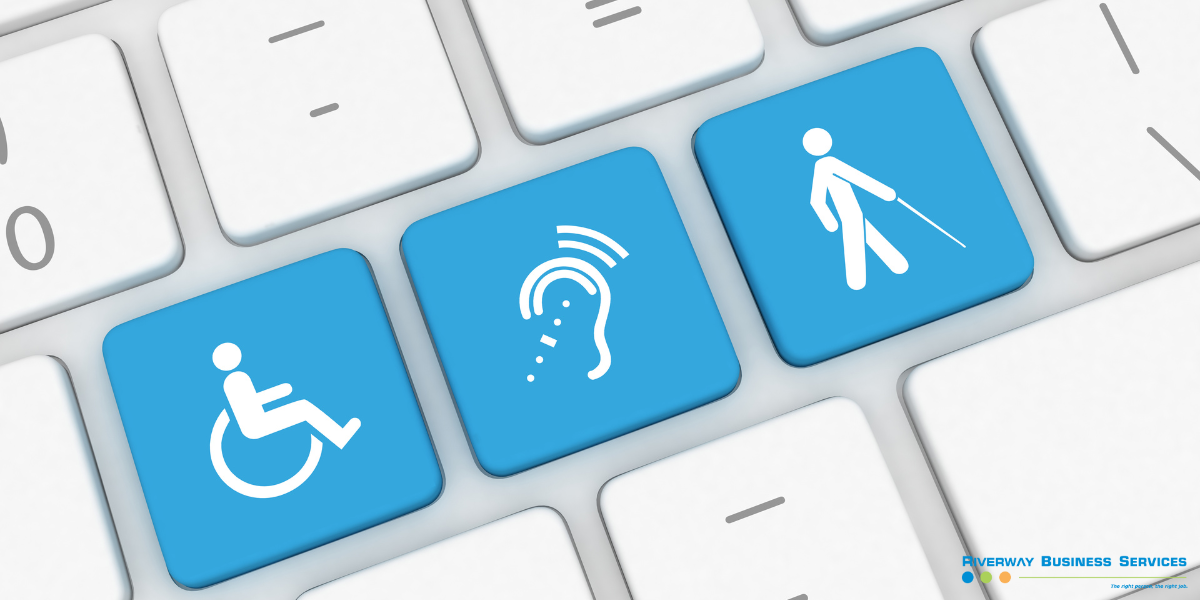Why Accessibility Matters
Creating an environment where everyone feels welcome and empowered to succeed is essential. This includes ensuring accessibility for individuals with disabilities. But what exactly does accessibility in the workplace mean?
Beyond Ramps: A Holistic Approach to Accessibility
Accessibility goes far beyond physical barriers like ramps and accessible washrooms. It's about creating a work environment where everyone can participate, contribute, and thrive. This encompasses:
Physical Accessibility: Ensuring buildings, workstations, and equipment are accessible for individuals with mobility, vision, and hearing impairments.
Information Accessibility: Providing information in multiple formats, such as audio recordings, transcripts, and captions for presentations and meetings.
Technology Accessibility: Using software and hardware that are compatible with assistive technologies and ensuring websites and digital documents are accessible to screen readers.
Communication Accessibility: Encouraging clear and concise communication, offering alternative communication methods for those who need them, and practicing active listening.
Cultural Accessibility: Being mindful of and respecting different cultural backgrounds and work styles.
Why Accessibility Matters
Creating an accessible workplace isn't just the right thing to do; it's also good for business. Here's why:
Tap into a wider talent pool: By removing barriers, you open doors to a larger pool of qualified candidates, fostering a more diverse and innovative workforce.
Boost employee morale and engagement: When employees feel valued and supported, they're more likely to be engaged and productive.
Enhance company reputation: A commitment to accessibility demonstrates your company's social responsibility and inclusivity.
Reduce legal risks: Many countries have laws mandating workplace accessibility.
Taking Action: Creating an Accessible Workplace
Building an accessible workplace is an ongoing process. Here are some initial steps you can take:
Accessibility Audit: Conduct an audit to identify and address any physical or digital accessibility barriers in your workplace.
Accessibility Policy: Develop a clear and comprehensive accessibility policy that outlines your commitment to inclusion and how you'll address accommodation requests.
Employee Education: Educate your employees about disabilities and accessibility best practices.
Assistive Technologies: Invest in assistive technologies that can support employees with disabilities.
Open Communication: Foster a culture of open communication where employees feel comfortable disclosing their disabilities and requesting accommodations.
Ready to Build a More Accessible Workplace?
At Riverway, we believe in creating a work environment where everyone can reach their full potential. We're committed to continuous improvement in accessibility. If you have any questions or suggestions, please don't hesitate to Contact Us.
Together, we can build a more inclusive and successful workplace for all.





